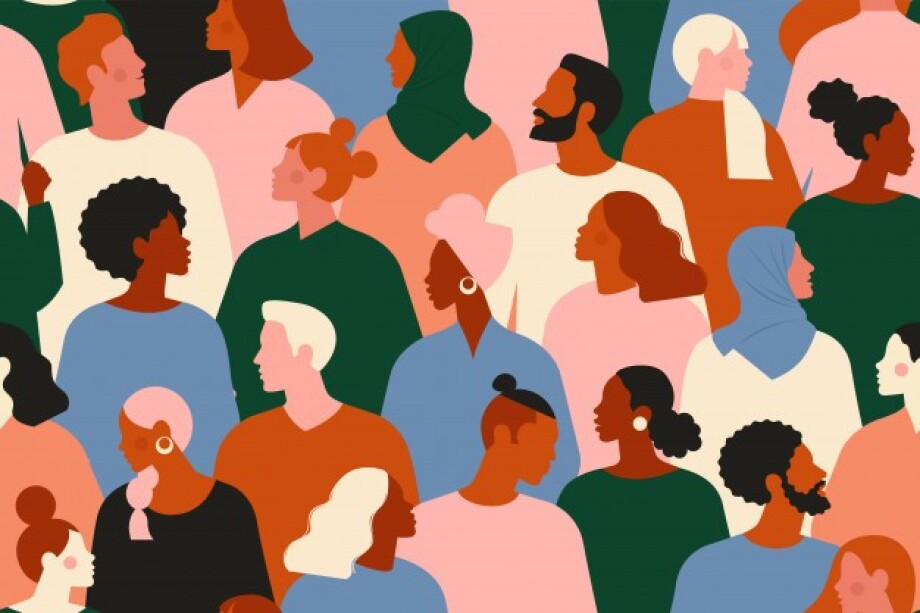 Should clients give gifts to show their appreciation for business? May people ask personal questions about salary or marriage? Would it be rude if you smoked during a meal with a customer? These questions could have opposite answers depending on where you are in the world. As business associates from other countries meet one another, differences between cultures are necessary to understand. Hopefully people will not be offended by the words or actions of others.
Should clients give gifts to show their appreciation for business? May people ask personal questions about salary or marriage? Would it be rude if you smoked during a meal with a customer? These questions could have opposite answers depending on where you are in the world. As business associates from other countries meet one another, differences between cultures are necessary to understand. Hopefully people will not be offended by the words or actions of others.
When someone is doing business, how do they address their counterpart? In South Korea people are called by their title, such as Team Leader or Manager, Some Westerners, like Australians, start using first names quickly while talking with each other. However, in Russia first names are usually used for close friends and associates. Instead, most times in business people are called by their surname. These differences are important to realize because, for instance, South Koreans might feel disrespected and could be turned off if they are called by their first or last name, not their title.
If a man and woman meet for business, how do they interact with each other? Generally, in the United Arab Emirates (U.A.E.) men shake hands with other men, but not with women. For business in Russia, men will shake hands with women, but will wait until a woman gives her hand first. Variety in styles must be known because, for example, men from the U.A.E. should not be caught off guard if women from different countries offer to shake hands while doing business.
Finally, do clients have proper etiquette during a business dinner? In South Korea people are expected to give something with both hands, but in the U.A.E. it is rude if you eat or offer something with your left hand. These subtle differences might leave a bad taste in their mouths if a cultural taboo is broken and then business deals could be called off.
appreciation = recognition and enjoyment of the good qualities of someone or something
counterpart = a person or thing that corresponds to or has the same function as another person or thing in a different place or situation
associate = a partner or companion in business or at work
be offended = feel uncomfortable and upset, maybe becoming angry
address = to call each other, whether by name or title
interact = talk and act when they are together
etiquette = style of behavior and manners in a public or social place
subtle = not obvious, discreet
taboo = something you should not say or do
be turned off = lose interest
be caught off guard = be surprised, not prepared
leave a bad taste in their mouths = give or leave a bad feeling or bad impression
called off = cancelled
 Should clients give gifts to show their appreciation for business? May people ask personal questions about salary or marriage? Would it be rude if you smoked during a meal with a customer? These questions could have opposite answers depending on where you are in the world. As business associates from other countries meet one another, differences between cultures are necessary to understand. Hopefully people will not be offended by the words or actions of others.
Should clients give gifts to show their appreciation for business? May people ask personal questions about salary or marriage? Would it be rude if you smoked during a meal with a customer? These questions could have opposite answers depending on where you are in the world. As business associates from other countries meet one another, differences between cultures are necessary to understand. Hopefully people will not be offended by the words or actions of others.